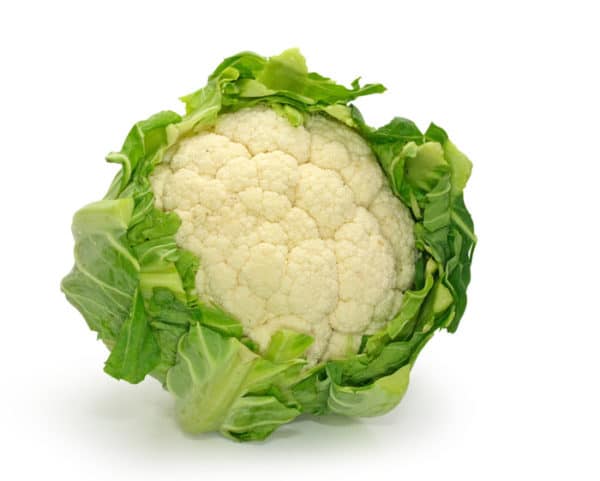

If you are choosing organic foods now, you are already covered to a certain extent. The genetically-modified crops are cotton, soy, canola, corn, Hawaiian pineapple and squash, so these are the ones to watch out for specifically. If you eat meat, it should be from free-range animals (warehoused animals are fed GMO-laden grains); if you eat eggs, buy those from ‘barnyard scratch’ chickens. If dairy is still in your diet, purchase organic brands with labels marked as GMO- and antibiotic-free.
Raw foodists have to be alert, too. Certain foods, such as berries, greens and celery, should always be organic. Other foods such as onions and avocados are not as susceptible to pesticides – either because they have natural pesticides, or because the common pesticides used on them are not systemic and the peel is protective.
Until you are familiar with all the safe food choices, you might want to refer to the shopping guides provided at http://www.nongmoshoppingguide.com for Non-GMO foods and http://www.foodnews.org for pesticide information. Just note that a food item might be considered safe in one respect while not safe in another. (Corn, for instance, may be without excessive pesticide residue but still be grown from GMO seed!)
But not to worry — grocery shopping becomes second nature before you know it!
Share this:

Are you feeling stuck?
Do you feel as if something is missing from your practice that's keeping you from delivering breakthrough outcomes for your clients?.
Recent Posts
Our Programs
Nutritional Endocrinology Practitioner Training (NEPT)
The Mastery and Certification tier is our flagship program and provides everything you need to feel confident as a practitioner who knows how to get results that lead to healthy and happy clients.
Functional Assessment Mastery
Explore the relationships between the most important hormones and their relationship with nutrition.
Functional Nutrition Mastery
Learn how to support your clients to eat and supplement in a way that reduces and eliminates chronic symptoms.
Medical Disclaimer: The information on this website is not intended to replace a one-on-one relationship with a qualified health care professional and is not intended as medical advice. It is intended as a sharing of knowledge and information from the research and experience of Dr. Ritamarie Loscalzo, drritamarie.com, and the experts who have contributed. We encourage you to make your own health care decisions based upon your research and in partnership with a qualified health care professional.
Disclosure: Sometimes (but not always), when I share resources in my programs, newsletter, and on my website, I'm using an affiliate link, which means I do make money if you buy. My credibility is extremely important to me; therefore, I only endorse the products, services, and people I believe in. DrRitamarie.com is independently owned and the opinions expressed here are my own.
Click here to see our Privacy Policy.










